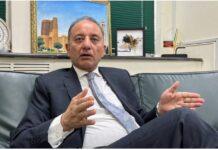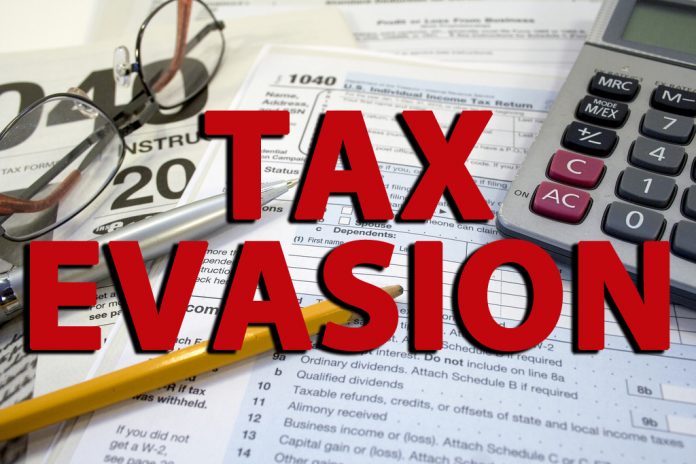ISLAMABAD: The 3rd “Pakistan Prosperity Forum” organised by the Policy Research Institute of Market Economy (PRIME) kicked off on Monday where the imperative need for a comprehensive overhaul of Pakistan’s taxation system and the privatisation of State-Owned Enterprises (SOEs) took centre stage. Key stakeholders from the government, International Monetary Fund (IMF), business community, academia, and media gathered to address critical economic challenges and propose sustainable reforms.
Federal Minister for Privatisation, Fawad Hasan Fawad, spoke at the event emphasising the flawed nature of Pakistan’s taxation system, stating that it not only encourages individuals to evade taxes.
He revealed that a staggering 93 % of the tax revenue collected is either voluntary or withholding, with only 7 % collected by the Federal Board of Revenue (FBR). Fawad highlighted the disproportionate burden on corporate taxpayers, leading to a 40 percent increase in tax rates since 2016.
Fawad Hasan Fawad went on to underscore the unsustainable state of the public sector, particularly the commercial SOEs. Over a three-year period from 2018 to 2021, the government injected Rs. 2.54 trillion in subsidies, grants, and loans to sustain these entities. The size of the government has tripled in the past couple of decades, contributing to a deteriorating business environment.
Addressing the need for reforms, he emphasised the importance of bureaucratic and taxation reforms. He advocated against increasing the size of federal and provincial governments, focusing on building the state’s capacity to regulate markets efficiently.
Former Governor State Bank of Pakistan, Shahid Hafeez Kardar, stressed the necessity of rationalising public expenditures to ensure the sustainability of public finances.
Kardar highlighted that Pakistan’s Gross Public Debt stands at 667 % of revenues, and external debt is 232 % of exports. To make the debt sustainable, he recommended reducing government expenditures, adopting a contributory pension system, minimising the government’s footprint in the economy, rationalising tariffs, and revamping the taxation system.
Businessman Rizwan Rawji presented a Charter of Economy prepared by PRIME, emphasising the critical role of political stability and strong political will in promoting economic prosperity. He outlined key pillars of economic reform, including low and broad-based tax rates, spending restraints, reduced government involvement, privatisation of loss-making SOEs, tariff rationalisation, and sound monetary policies.
Ali Salman, Executive Director of PRIME, talked about the importance of reducing the government’s size and presence in the economy for fiscal sustainability and creating a conducive business environment.
In unanimous agreement, the speakers emphasised that reforms should commence with restructuring and resizing the government, complemented by restrictions on public spending. The focus should extend to revamping the taxation system, reducing the number and rates of taxes to broaden the tax base and stimulate economic growth.























